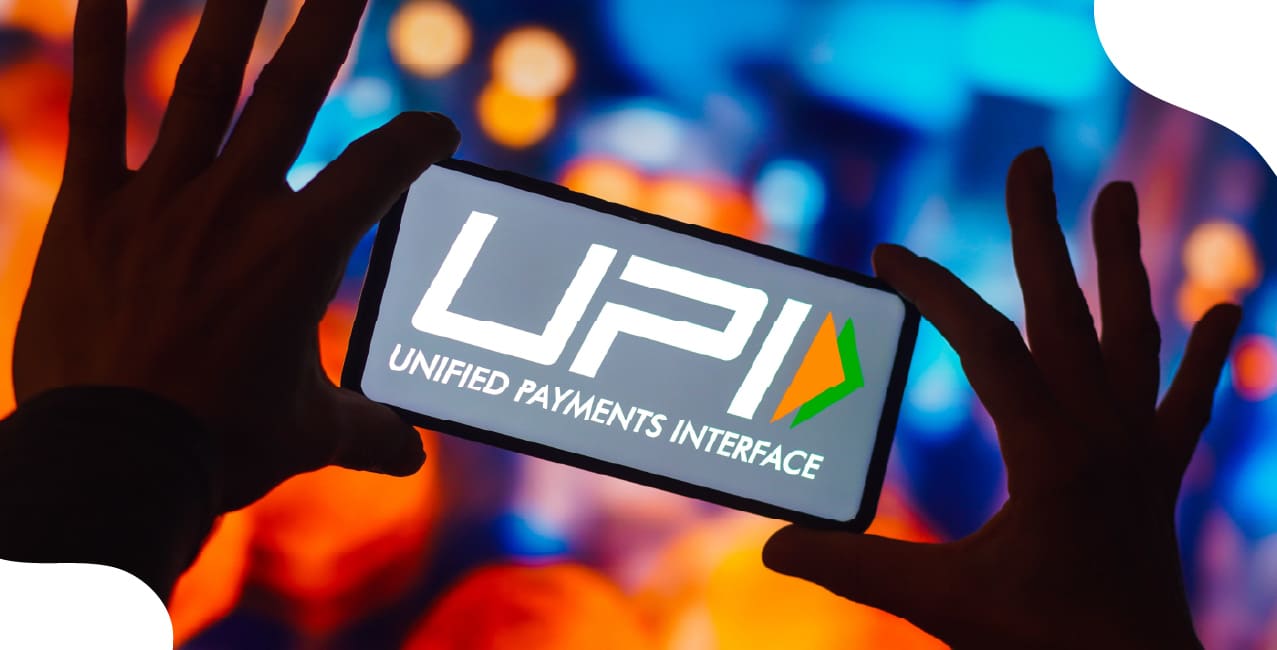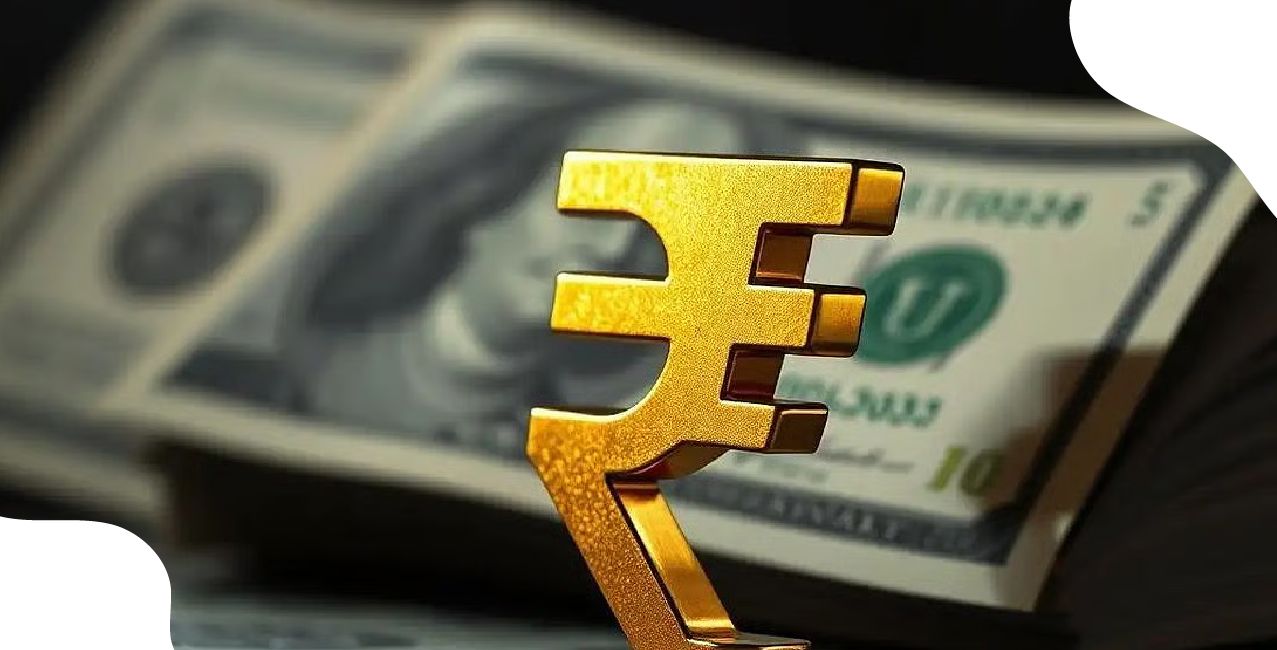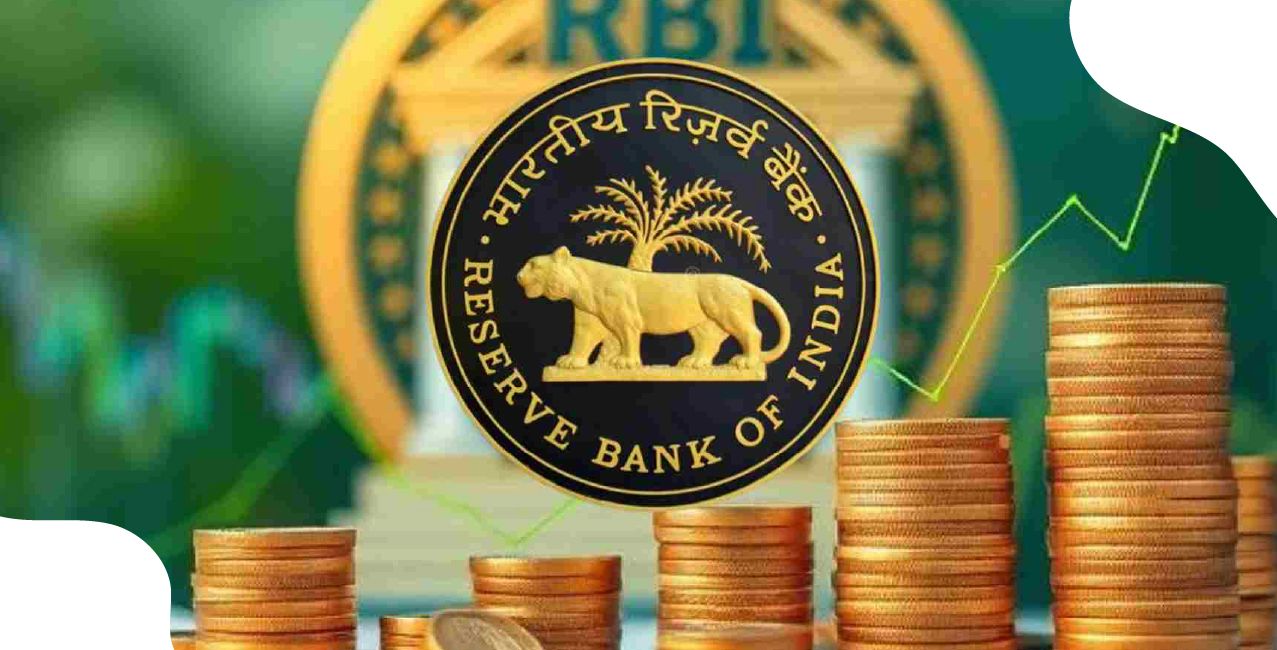NPCI Eyes EMI Payments on UPI in Fresh Credit Play Push

Check Your Loan Eligibility Now
By continuing, you agree to LoansJagat's Credit Report Terms of Use, Terms and Conditions, Privacy Policy, and authorize contact via Call, SMS, Email, or WhatsApp
A new credit experiment is taking shape in India’s digital payments network as NPCI prepares to add EMI options to UPI transactions.
One might recall standing at a store counter, glancing at the final bill, and wishing it could be broken down into smaller, more manageable payments instantly. That very wish may soon turn into reality. The National Payments Corporation of India (NPCI) is preparing to enable Equated Monthly Installment (EMI) payments through the Unified Payments Interface (UPI) in India.
According to NPCI’s report in August 2025, UPI processed 20.01 billion transactions with a total value of ₹34.15 lakh crore. That is a jump of 33 percent in volume and 23 percent in value compared with August 2024. Such scale has built the stage for new credit experiments.
EMI Payments Through UPI In India: What Is Coming Next?
The latest move is clear. NPCI has circulated product guidelines to banks and fintechs. The plan is simple. A customer at a shop or online checkout will scan a QR code. Instead of paying the full bill instantly, the person can choose to split the amount into instalments.
This EMI feature has not been launched yet, but tests are underway. Navi’s leadership has confirmed that NPCI has already issued guidelines. Fintechs are expected to enable this soon.
Before moving deeper, here is a look at what is confirmed and what remains unclear.
The table shows that the skeleton of the plan is ready, but key parts like charges and timelines are not in the open.
NPCI UPI Credit Expansion Strategy
UPI was born as a platform for instant payments. Today it is growing into a credit channel. The NPCI UPI credit expansion strategy already has two pillars. First is RuPay credit cards linked to UPI IDs. Second is Credit Line on UPI, where users can use pre-approved funds and see their EMIs inside the UPI app.
Adding EMI at the point of purchase is the next stage in this chain. In theory, it changes UPI from a payment tool into a credit network. It allows both small and large spends to be financed on the spot.
A comparison with existing products shows how EMI fits into this chain.
The picture makes it clear. EMI is not a new idea in isolation. It is a planned piece of a larger credit journey on UPI.
Digital Credit Push Via UPI Platform: Link To Past Moves
This new step also connects to earlier policy changes. In April 2024, NPCI and the Reserve Bank raised the limits on UPI transactions. The daily ceiling for categories such as insurance and travel was increased to ₹10 lakh. Per transaction, the cap was raised to ₹5 lakh. This was covered in a past article here.
These moves hinted that high-value transactions were coming to UPI. EMI is a natural fit here. If a consumer can spend ₹5 lakh on UPI, the choice to split that bill into instalments becomes attractive.
To understand the background, here is a look at the UPI data leading up to August 2025.
The rise in both transaction numbers and values shows how UPI has become a base for digital credit push via UPI platform.
UPI EMI Feature For Small Ticket Loans
Whenever new products are added on UPI, banks and regulators have their say. When RuPay credit cards were first linked with UPI, banks raised questions about interchange fees. When Credit Line on UPI was launched, a 1.5 percent interchange rate was discussed widely.
The EMI option will likely see similar debates. Who pays the fee? How is risk managed? What happens in case of defaults? These are yet to be answered in any official document.
Looking back, the pattern of reaction is clear.
This table shows that each product faced early doubts, but most have gone live with adjustments. EMI on UPI may follow the same path.
NPCI Plans For UPI-Based Credit Payments: What Is Still Missing?
While the reports in 2025 confirm that guidelines exist, major gaps remain. The cost of instalments is unknown. Will interest be charged or will some EMIs be zero-cost? How will risk of default be handled? Will merchants need to sign fresh agreements?
The government has not yet published any circular on this. RBI has not issued formal directions on consumer protection for this product. The details will matter. Without clear rules on charges, consumer rights, and credit risk, EMI may face delays in wide adoption.
Conclusion
NPCI’s new experiment has the power to change daily payments. The August 2025 report showing 20.01 billion transactions worth ₹34.15 lakh crore shows the scale is ready. EMI on UPI may start with small-ticket bills and then expand to bigger purchases.
This move is part of wider NPCI plans for UPI-based credit payments. It fits into the chain that already includes RuPay cards and Credit Line on UPI.
Banks and regulators will now shape the final look of this product. Their reaction in the past shows they may first raise concerns, then clear the way with terms. For consumers, the promise is simple: scan a code and choose if the bill leaves today or over many months.
Other News Pages | |||
J&K High Court Imposes ₹50,000 Fine — Must-Read for Borrowers | |||
About the author

LoansJagat Team
Contributor‘Simplify Finance for Everyone.’ This is the common goal of our team, as we try to explain any topic with relatable examples. From personal to business finance, managing EMIs to becoming debt-free, we do extensive research on each and every parameter, so you don’t have to. Scroll up and have a look at what 15+ years of experience in the BFSI sector looks like.
Subscribe Now
Related Blog Post

Home Loan Interest Rates 2025 Deliver Major EMI Relief, Will Borrowers See More Gains In 2026?

Will the Indian Rupee Stabilise in 2026 After a Volatile 2025?

RBI Draft Rules Target Surprise Costs in Overseas Payments
Recent Blogs
All Topics
Contents
Quick Apply Loan
Consolidate your debts into one easy EMI.
Takes less than 2 minutes. No paperwork.
10 Lakhs+
Trusted Customers
2000 Cr+
Loans Disbursed
4.7/5
Google Reviews
20+
Banks & NBFCs Offers
Other services mentioned in this article





